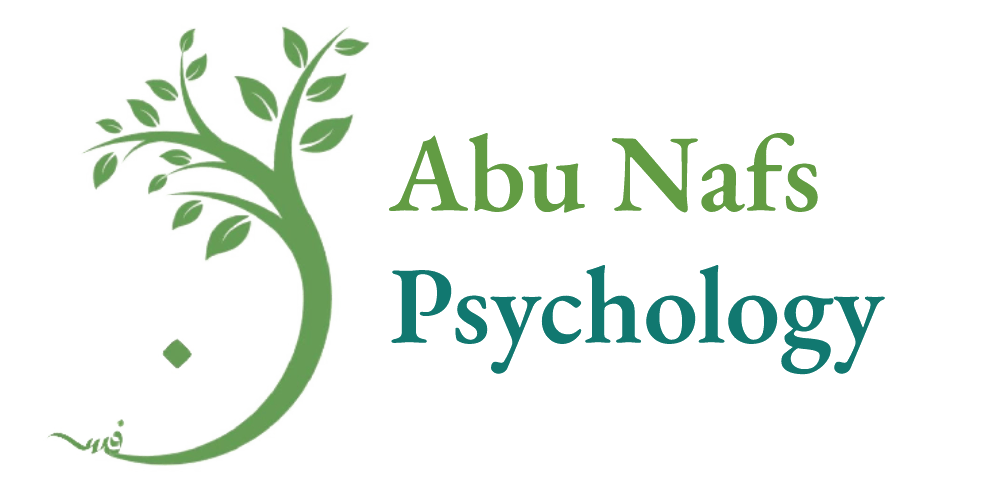Living with Adult ADHD can present unique challenges, but with the right strategies and support, individuals can thrive in both their professional and personal lives. ADHD, or Attention-Deficit/Hyperactivity Disorder, affects millions of adults worldwide, making it crucial to develop effective coping mechanisms and approaches to enhance focus, productivity, and overall well-being.
Here are some valuable strategies to help adults with ADHD achieve success in work and daily life:
- Embrace Structure and Organization: Establishing a structured routine can significantly benefit adults with ADHD. Utilize calendars, planners, or digital task management tools to create a clear schedule for work and daily activities. Set reminders and allocate specific time blocks for tasks, meetings, and breaks. Maintaining an organized environment also minimizes distractions and promotes better focus.
- Prioritize Tasks with the ABCD Method: The ABCD method involves categorizing tasks into four groups: A (urgent and important), B (important but not urgent), C (less important), and D (delegate or delete). Prioritizing tasks this way can help individuals focus on what truly matters, ensuring critical responsibilities are addressed promptly while avoiding feeling overwhelmed by less essential tasks.
- Break Tasks into Smaller Steps: Large or complex tasks can be daunting for adults with ADHD. Breaking them down into smaller, manageable steps makes them less intimidating and allows for a sense of accomplishment with each completed phase. Celebrate progress, no matter how small, to boost motivation.
- Implement the Two-Minute Rule: For tasks that take two minutes or less to complete, tackle them immediately. This prevents a buildup of small tasks and helps maintain productivity throughout the day. It also reduces the likelihood of forgetting to do these quick tasks later on.
- Utilize Focus Techniques: ADHD can sometimes lead to difficulties in maintaining focus. Employing techniques like the Pomodoro Technique, where work is divided into short, focused intervals followed by short breaks, can improve concentration and prevent burnout. Experiment with various focus strategies to find what works best for individual needs.
- Minimize Distractions: Create a conducive workspace by reducing potential distractions. Turn off unnecessary notifications on devices, and consider noise-canceling headphones if a quiet environment is essential for concentration. Let colleagues or family members know when uninterrupted focus time is required.
- Regular Exercise and Mindfulness: Physical activity and mindfulness practices, such as meditation or deep breathing exercises, can help manage ADHD symptoms. Regular exercise releases endorphins, boosting mood and reducing stress, while mindfulness techniques enhance self-awareness and focus.
- Seek Support and Open Communication: Don’t hesitate to seek support from colleagues, supervisors, or friends. Communicate openly about ADHD challenges and potential accommodations that can improve work dynamics. Employers may be willing to make adjustments to enhance productivity and job satisfaction.
- Celebrate Achievements: Recognize and celebrate successes, no matter how small they may seem. Positive reinforcement fosters motivation and self-esteem, encouraging individuals to stay focused on their goals.
In conclusion, navigating adult ADHD successfully requires a combination of organization, self-awareness, and support. By embracing structure, prioritizing tasks, and utilizing various focus techniques, individuals can thrive in their professional and daily lives.

